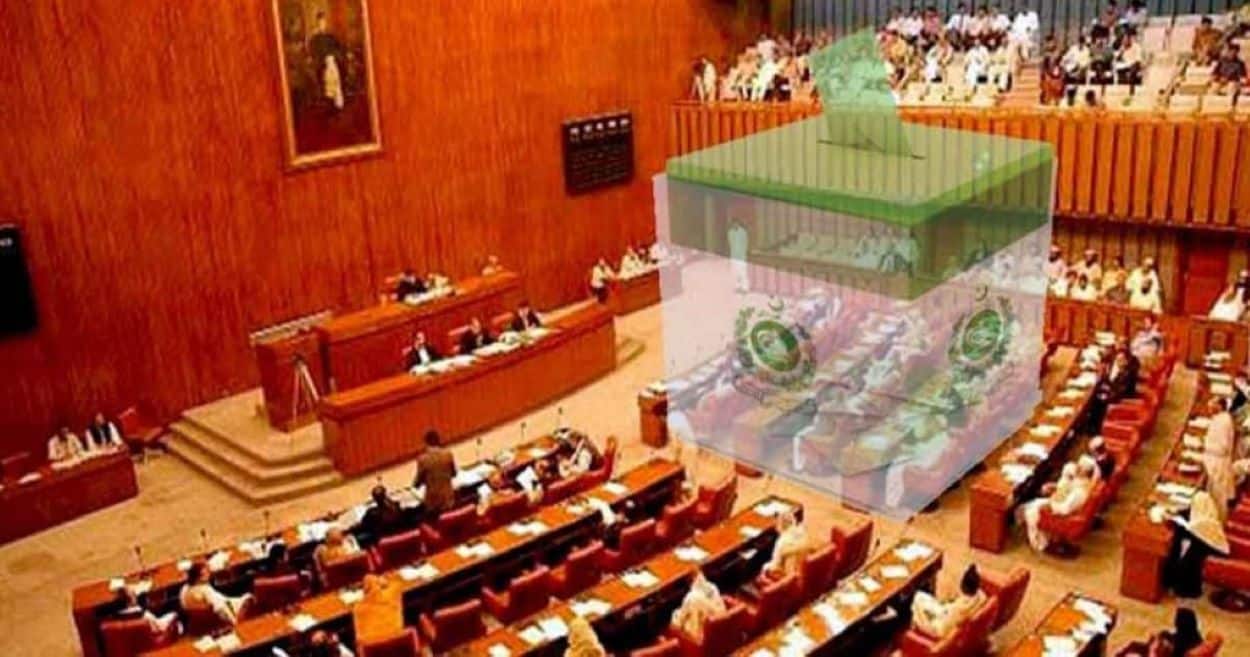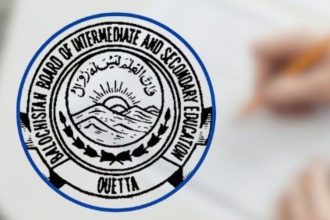A critical resolution for delaying the upcoming general elections was formally presented in the Senate on Sunday. The proposal, initiated by independent Senator Hilal-ur-Rehman from FATA, addresses significant security concerns. It points out the heightened risk of terrorist attacks targeting party candidates in Khyber-Pakhtunkhwa during their election campaigns. This has instilled a sense of fear and deprivation among the voters of K-P, leading to the argument that the planned election date of February 8, 2024, is not conducive.
Senator Hilal-ur-Rehman has underscored the extreme weather conditions prevailing in the K-P province, severely hampering party candidates’ ability to conduct effective election campaigns. This situation forms a critical part of the argument for postponing the elections.
Series of Resolutions on Election Timing
To date, the Senate has received four resolutions about the upcoming elections. Three of these advocate for a postponement, while one, submitted by Jamaat-e-Islami, argues in favour of holding the elections as scheduled. These resolutions began with Senator Dilawar Khan’s proposition on January 5, which garnered support from multiple political parties, including PPP, PTI, PML-Q, and BAP. Notably, independent senators and representatives from the erstwhile FATA also endorsed this resolution, highlighting issues like law and order challenges, severe weather in Balochistan, and ongoing terrorist threats in K-P and Balochistan.
Opposition to the Resolution
In contrast, PML-N Senator Afnanullah expressed strong opposition to the resolution, citing historical precedents where elections were conducted during tumultuous periods, including World War II and times of terrorism in 2008, 2013, and 2018. During the initial vote, the resolution received support from 13 senators. A subsequent motion by Senator Dilawar Khan after the Friday prayers break saw the resolution being approved again, despite initial opposition from Caretaker Information Minister Murtaza Solangi.
Despite the Senate’s resolution, sources within the Election Commission of Pakistan (ECP) have stated that the elections are set to proceed as planned on February 8. They emphasized that any alteration to the election timetable is under the sole jurisdiction of the Supreme Court of Pakistan.
The resolution has elicited significant reactions from major political parties, who perceive it as an attack on democratic processes. They view this move as akin to yielding to forces that seek to destabilize the nation.






